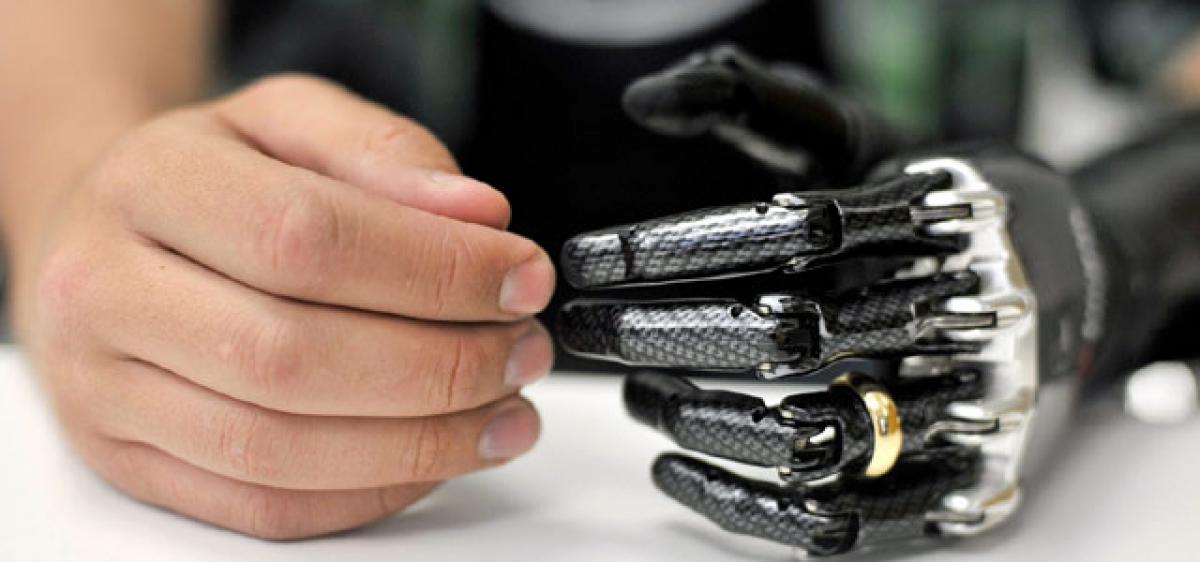Live
- Telangana CM Reviews Plans for First Anniversary of State Government
- Vijayawada: Kindness Day celebrated
- Rajamahendravaram: Students advised to set clear goals
- Digital locker facility now available at Namma Metro stations
- Swarna Vaijayanthi Mala presented to Tirumala god
- Physical fitness mandatory for cops: SP Jagadeesh
- Children’s Day celebrated at Ananthalakshmi School
- AHUDA chief Varun gets grand welcome
- Instil moral values in students
- Somishetty takes charge as KUDA chairman









